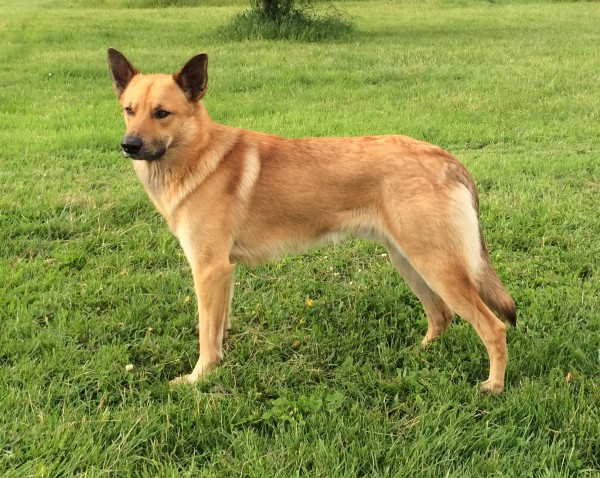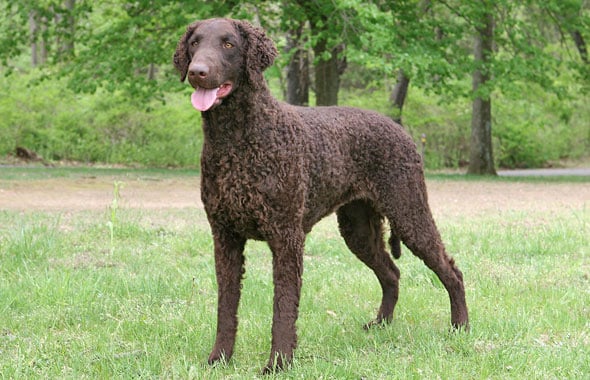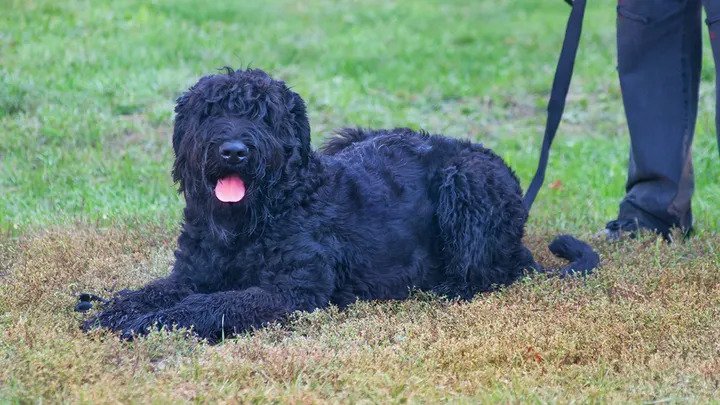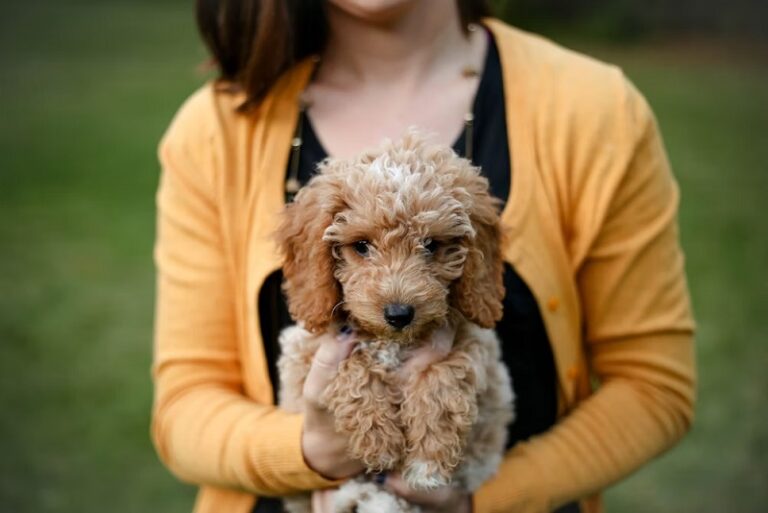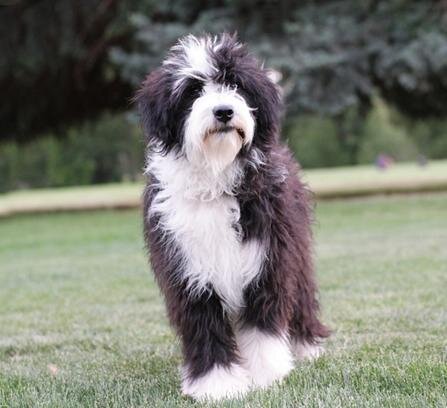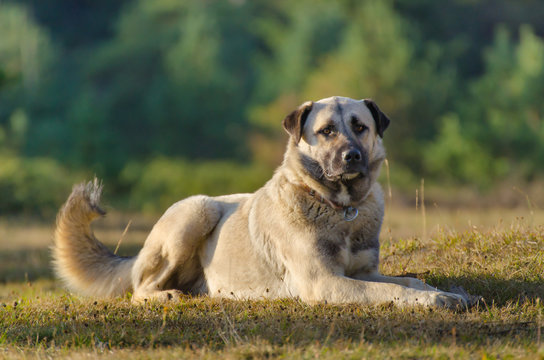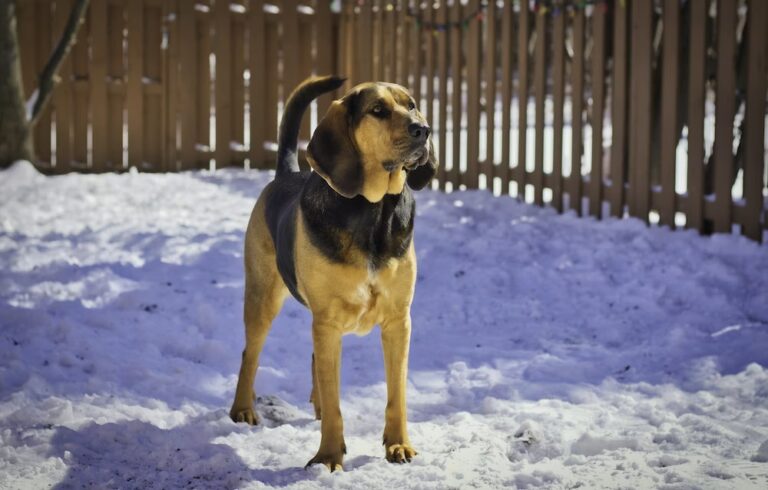Chinook is a sled dog breed that combines strength, versatility, and a gentle nature. These incredible dogs have been bred for their exceptional pulling power, making them ideal for sled racing and freight hauling in harsh Arctic conditions. Not only are they capable working dogs, but their friendly and calm temperament also makes them fantastic family pets. In this article, we will explore the history, characteristics, and unique qualities of Chinooks that make them such remarkable companions. So, let’s delve into the world of these amazing sled dogs and discover why they are truly one-of-a-kind.
History of Chinook
Origins of the Chinook breed
The Chinook breed has a fascinating history that dates back to the early 20th century. The breed was developed in New Hampshire, USA, and is considered one of the oldest sled dog breeds in America. The story of the Chinooks begins with Arthur Treadwell Walden, an explorer and sled dog driver.
Development of the breed
Arthur Walden’s journey into breeding sled dogs started in 1917 when he acquired a lead dog named Chinook. This dog, a mixed breed with Mastiff and Greenland Husky ancestry, became the foundation of the Chinook breed. Walden was impressed by Chinook’s strength, intelligence, and gentle nature, which inspired him to develop a new sled dog breed that possessed these qualities.
Walden carefully selected and bred Chinook with other dogs to refine the breed. He crossed Chinook with various breeds, including Belgian Sheepdogs, German Shepherds, and Canadian Eskimo Dogs. Through his meticulous breeding efforts, Walden aimed to create a versatile sled dog that could excel in various tasks, such as pulling heavy loads, navigating rough terrains, and maintaining a calm temperament.
Role of Arthur Walden
Arthur Walden played a crucial role in the development and promotion of the Chinook breed. He not only bred and refined the dogs but also extensively used them in his sled dog teams. Walden’s Chinooks gained recognition for their exceptional performance in sled dog racing, expeditions, and rescue missions.
Walden’s dedication to the breed led to the establishment of the Chinook Kennels in 1922, where he continued his breeding program. He actively promoted the breed, showcasing the Chinooks’ abilities in various events and races. Walden’s efforts were instrumental in popularizing the Chinook breed and establishing its reputation as a versatile and gentle sled dog.
Today, the Chinook breed continues to thrive, thanks to the vision and dedication of Arthur Walden. These dogs are cherished for their friendly and affectionate nature, as well as their impressive working abilities. Whether it’s pulling sleds or participating in dog sports, Chinooks are a testament to the enduring legacy of Arthur Walden’s breeding program.
Physical Characteristics
Size and weight
Chinooks are known for their impressive size and strength. These sled dogs belong to the larger breeds, with males typically weighing between 70 to 90 pounds (32 to 41 kilograms) and standing around 24 to 26 inches (61 to 66 centimeters) tall at the shoulder. Females are slightly smaller, weighing around 55 to 75 pounds (25 to 34 kilograms) and measuring 22 to 24 inches (56 to 61 centimeters) in height. Their substantial build enables them to pull heavy loads with ease, making them excellent working dogs.
Coat and color
The Chinook’s coat is one of its most remarkable features. They possess a dense double coat that provides insulation and protection from the harsh elements of their native environment. Their outer coat is coarse and water-resistant, while their undercoat is soft and thick. This combination allows them to stay warm and dry even in freezing temperatures.
In terms of color, Chinooks are predominantly a rich golden shade, reminiscent of the color of ripe wheat. Some individuals may have darker or lighter variations of this hue, but the golden color is the most common and sought-after. Their coat’s coloration not only adds to their aesthetic appeal but also helps them blend in with their surroundings when they are working in snowy landscapes.
Distinctive features
Chinooks possess several distinctive features that set them apart from other sled dog breeds. One of their most notable traits is their friendly and gentle nature. Despite their large size and strength, they are known for their calm and easygoing temperament, making them excellent family pets as well as working dogs.
Additionally, Chinooks have a unique “tawny” expression, characterized by their almond-shaped, dark eyes that hold a warm and intelligent gaze. Their ears are medium-sized and set wide apart, giving them an alert appearance. Another distinctive feature is their well-muscled body, which reflects their exceptional power and endurance.
In conclusion, Chinooks exhibit remarkable physical characteristics that make them versatile and gentle sled dogs. Their impressive size and strength, combined with their dense double coat and distinctive golden color, make them perfectly suited for the demanding tasks they undertake. Moreover, their friendly nature and unique features, such as their expressive eyes and well-built physique, contribute to their overall charm and appeal.
Temperament and Personality
Gentle and friendly nature
Chinooks are known for their gentle and friendly nature. These sled dogs have a natural inclination towards being calm and amiable, making them excellent companions. Their friendly demeanor allows them to easily bond with their owners and other animals, making them suitable for families and households with multiple pets. Whether it’s interacting with children, other dogs, or even strangers, Chinooks consistently exhibit a gentle and welcoming attitude.
Intelligence and trainability
Apart from their pleasant personality, Chinooks are highly intelligent dogs. They possess a keen understanding of their surroundings and are quick learners. This combination of intelligence and trainability makes them an ideal breed for various activities and tasks. Whether it’s obedience training, agility courses, or even search and rescue operations, Chinooks can adapt and excel in different roles. Their willingness to please their owners further enhances their trainability, making them a delight to work with.
Socialization and interaction
Chinooks thrive on socialization and interaction with both humans and other animals. From a young age, it’s crucial to expose them to different environments, people, and animals to ensure they grow up to be well-rounded individuals. Regular socialization not only helps them develop excellent manners but also allows them to feel comfortable and confident in various situations. Chinooks enjoy being part of a pack, whether it’s their human family or other dogs, and they actively seek out companionship and interaction.
Chinooks possess a gentle and friendly nature, making them great companions for families and households with multiple pets. Their intelligence and trainability enable them to excel in various activities and tasks, while their love for socialization and interaction ensures they thrive in different environments. Whether you’re looking for a loving family pet or a versatile working dog, Chinooks are an excellent choice.
Versatility in Sled Dog Sports
Sled pulling
Chinooks, the versatile and gentle sled dogs, excel in a variety of sled dog sports. One of their primary skills is sled pulling. These incredible dogs are known for their strength and endurance, making them ideal for pulling heavy loads across snowy terrains. Whether it’s carrying supplies to remote areas or participating in recreational sled pulling, Chinooks are the go-to breed.
Skijoring and mushing
In addition to sled pulling, Chinooks also excel in skijoring and mushing. Skijoring is a thrilling winter sport where a person on skis is pulled by a dog or a team of dogs. With their muscular build and drive to work, Chinooks make excellent partners for skijoring enthusiasts. Their steady pace and ability to navigate through snowy trails make the experience enjoyable for both the human and the dog.
Mushing, on the other hand, refers to the sport of driving a dog team. This could involve a sled or a cart depending on the terrain and season. Chinooks are well-suited for mushing due to their endurance and ability to work in teams. They can effortlessly pull a sled or cart, making mushing an exhilarating sport for both recreational and competitive purposes.
Competitive racing
When it comes to competitive sled dog sports, Chinooks are no strangers. They have proven their mettle in various racing events, showcasing their speed, agility, and determination. From sprint races to long-distance endurance races, Chinooks have consistently impressed spectators and competitors alike. Their versatility in adapting to different race formats and weather conditions makes them a force to be reckoned with in the sled dog racing community.
Chinooks are truly versatile sled dogs, excelling in a range of sled dog sports. Whether it’s sled pulling, skijoring, or competitive racing, these gentle yet powerful dogs are always up for the challenge. Their strength, endurance, and adaptability make them an ideal choice for anyone seeking a reliable and versatile companion in the exciting world of sled dog sports.
Care and Maintenance
Exercise and activity needs
Chinooks are active and energetic sled dogs that require regular exercise to keep them happy and healthy. They have a natural instinct to pull and work, so it’s important to provide them with opportunities to engage in physical activities. Daily walks or runs are essential to meet their exercise needs. Additionally, Chinooks enjoy participating in dog sports such as agility, obedience, and tracking. These activities not only provide physical stimulation but also mental challenges, keeping them mentally sharp. It’s crucial to ensure that they have a safe and secure area to play and exercise, as they may have a tendency to wander off if not properly contained.
Grooming requirements
Despite their thick double coat, Chinooks have relatively low grooming needs. Regular brushing with a slicker brush or a comb can help remove loose hair and prevent matting. During shedding seasons, typically in the spring and fall, Chinooks may require more frequent brushing to manage the increased hair loss. Bathing should be done as needed or when they get particularly dirty. It’s important to use a dog-specific shampoo to avoid irritating their skin. Additionally, regular nail trims, ear cleaning, and teeth brushing should be part of their grooming routine to ensure overall hygiene and prevent any potential health issues.
Health considerations
Chinooks are generally healthy dogs with few breed-specific health problems. However, as with any dog, they can still be prone to certain conditions. It’s important to be aware of potential health concerns and take appropriate measures to maintain their well-being. Regular veterinary check-ups, vaccinations, and preventive treatments for parasites are crucial in keeping them healthy. Additionally, maintaining a balanced diet and providing them with regular exercise can help prevent obesity, which can lead to various health issues. As with any dog breed, responsible breeding practices and obtaining a Chinook from a reputable breeder can help minimize the risk of genetic health problems.
Remember, providing proper care, regular exercise, and addressing any health concerns promptly will ensure that your Chinook remains a happy and healthy companion for years to come.
Chinooks truly embody the qualities of being versatile and gentle sled dogs. Their unique combination of strength, agility, and friendly temperament makes them ideal companions for mushers and families alike. Whether they are pulling sleds through snowy landscapes or participating in dog shows, Chinooks excel in various roles. Their rich history and dedicated breeding efforts have ensured their continued presence as a beloved breed. With their lovable personalities and impressive capabilities, Chinooks will undoubtedly continue to capture the hearts of dog lovers around the world.

